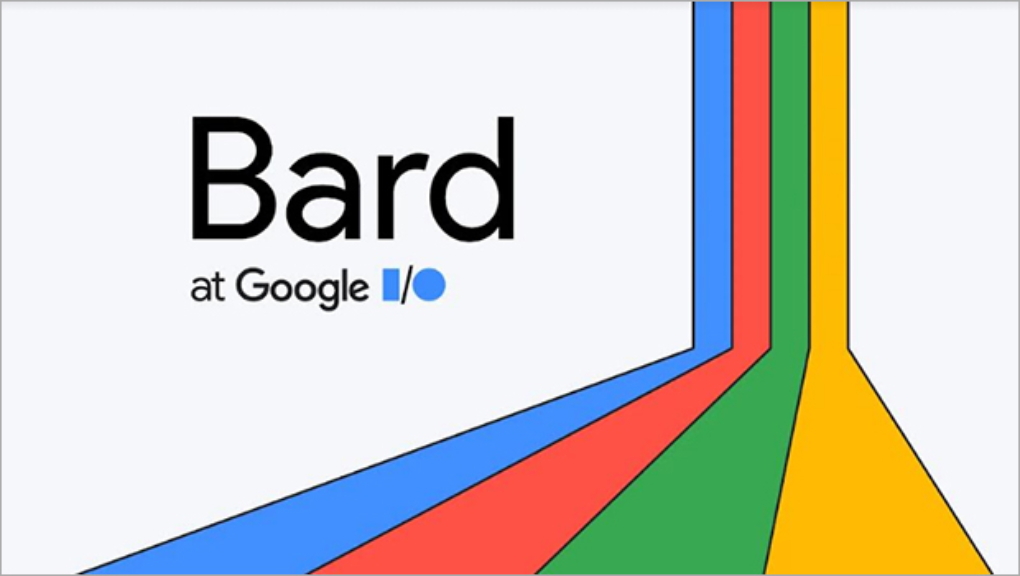On Wednesday, Google announced it was expanding the use of artificial intelligence across its platform and launching Bard AI, a competitor to Microsoft-backed ChatGPT, in 180 countries.
In a major move to embrace artificial intelligence (AI), Google has announced the global launch of Bard, a direct competitor to Microsoft-backed ChatGPT.
This expansion of artificial intelligence across Google’s platform marks a significant stride in enhancing its flagship search engine.
During the annual Google Developers conference in Silicon Valley, executives unveiled their vision for leveraging generative AI to revolutionize core products, including search.
Sundar Pichai, Google’s CEO, expressed enthusiasm, stating, “With generative AI, we are taking the next step in reimagining all our offerings.”
Recognizing the competition posed by Microsoft’s rapid integration of ChatGPT-like capabilities into various products, Google is determined to catch up. Despite concerns about the societal impact of AI and potential job displacement, Microsoft charged ahead, prompting Google’s intensified efforts.
Cathy Edwards, responsible for Google Search, described the forthcoming experience as a “supercharged” search, augmented by a conversational bot.
Google’s talented executives also outlined how generative AI will seamlessly integrate into Gmail, photo editing tools, and online work applications, among others.
Emphasizing responsibility alongside innovation, Jack Krawczyk, Google’s senior product director, affirmed that their AI initiatives would proceed in a bold and conscientious manner.
See also: Chatgpt and Its Implications for Customer Experience
As part of Google’s global expansion, Bard is now available in 180 countries, eliminating the previous waitlist restriction. English-speaking users worldwide can now engage with this remarkable AI. Moreover, Google plans to add support for 40 languages in the coming months, demonstrating their commitment to inclusivity and accessibility.
To further empower users, Google introduced browser “extensions” that infuse AI features into popular apps like Gmail and Maps. Leveraging Bard’s technology, these extensions enable intelligent functions such as automated text completion for drafting emails and generating art ideas based on analyzed images.
Google also invited partners to build their own extensions, including Adobe, which will enable users to create stunning images effortlessly. Additionally, Google thrilled tech enthusiasts with the introduction of new Pixel devices, including a foldable smartphone priced at $1,799, seamlessly transforming from a powerful smartphone to an immersive tablet.
The competition between Google and Microsoft in the AI arena appears to be intensifying, with both companies vying for market dominance. Wedbush analyst Dan Ives described this as a defining moment, highlighting Microsoft’s initial advantage due to their early investment in OpenAI, the driving force behind ChatGPT.
Microsoft recently expanded public access to their generative AI programs, incorporating models developed by OpenAI. Their AI-enhanced Bing search engine and Edge internet browser now support image analysis alongside text processing, with plans to incorporate video capabilities in the future.
However, as AI continues to evolve, potential risks emerge. Concerns about disinformation, including voice clones, deep-fake videos, and convincing written messages, have prompted experts to advocate for a cautious approach to AI development.
More than 1,000 signatories, including luminaries like Elon Musk and Steve Wozniak, penned an open letter calling for a pause to ensure the safety of powerful AI systems.
See also: Pros and Cons of Using AI to Write Your Content
Notably, Geoffrey Hinton, a prominent computer scientist hailed as the “godfather of artificial intelligence,” recently departed from Google to raise awareness about the imminent dangers of the technology. Hinton asserts that the existential threat posed by AI is both serious and imminent, urging the industry to take responsible action.
As Google’s Bard enters the global stage, the battle for AI dominance between Google and Microsoft is set to reach new heights, with groundbreaking innovations and societal implications hanging in the balance.
Resource: Google launches new AI to catch up to ChatGPT



